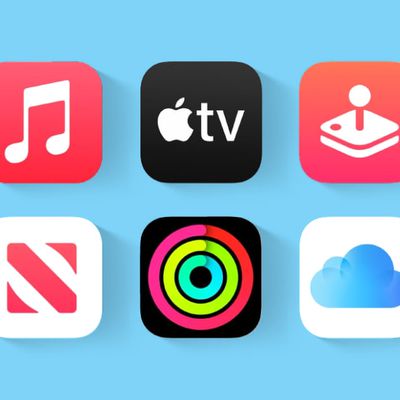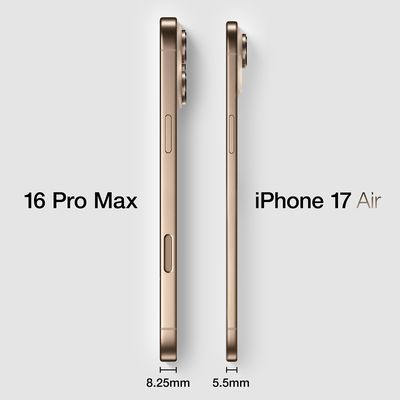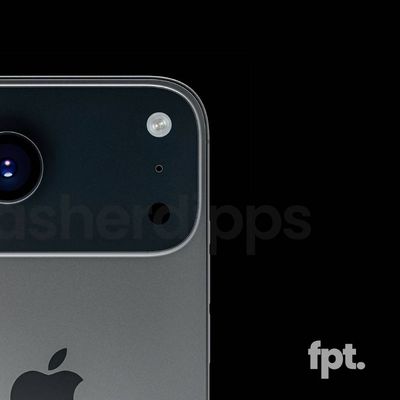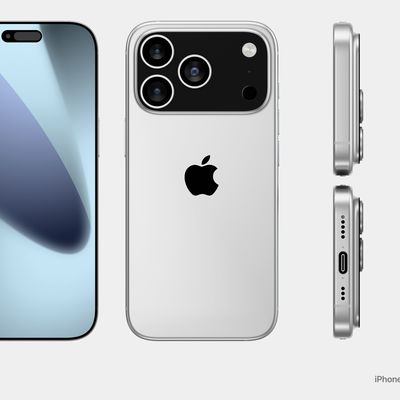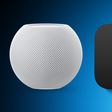Apple today released the watchOS 5.1.2 update to the public, and the update implements a much-anticipated ECG feature for all Apple Watch Series 4 users in the United States.
Following the launch of the new update, we installed the software and went hands-on with the ECG function to see just how it works.
An ECG, or electrocardiogram, is designed to measure the electrical activity of the heart to detect abnormal rhythms and diagnose serious heart conditions.
The Apple Watch Series 4 allows users to take a single-lead electrocardiogram to keep an eye on heart health. This isn't as informative or as sensitive as the multi-lead ECGs you might get in a doctor's office or hospital, which use several points of contact, but it provides valuable information for those who might not even be aware of a heart condition.
The ECG feature in the Apple Watch uses electrodes built into the sapphire crystal of the Apple Watch (where the heart rate sensor is located) and the Digital Crown that work together to detect the electrical impulses from your heartbeat and route the data to the S4 processor in the device, where it is converted into a signal for Apple's algorithms.
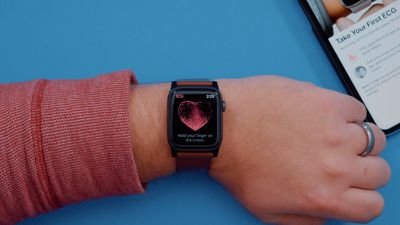
You can take an ECG using the built-in ECG app on the Apple Watch, which walks you through the steps. You'll need to place a finger on the Digital Crown of the Apple Watch and wait for approximately 30 seconds while the measurement is taken.
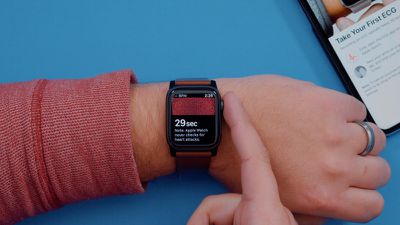
You'll see a countdown on your wrist, which is designed to let you know just how long your finger needs to stay in place before you can move it.
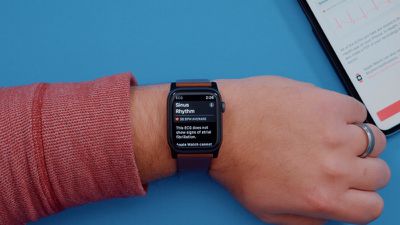
Following the conclusion of the ECG, Apple will provide a heart rhythm classification that can be shared with your doctor. If your heart is beating in a normal rhythm, Apple will let you know that a standard sinus rhythm has been detected. If your heart is not beating normally, however, the app will let you know that atrial fibrillation has been detected.
If atrial fibrillation is detected, Apple will suggest that you get in touch with your doctor for further testing.
All ECG results captured with the Apple Watch Series 4 are stored in the Health app in a format that's easy to export and share with your doctor.
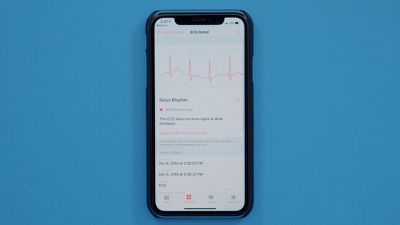
Apple has received de novo FDA clearance for the ECG feature in the Apple Watch Series 4, but FDA clearance is not the same as full FDA approval. The FDA does not recommend that the ECG feature be used by those under 22 or those who have already been diagnosed with atrial fibrillation.
The Apple Watch Series 4's ECG function is not designed to replace traditional methods of diagnosis or treatment, and Apple intends for it to be used for informational purposes.
At the current time, Apple Watch Series 4 owners in the United States are the only Apple Watch customers who can take an ECG because the feature needs regulatory approval to be made available in other countries. Apple is working to expand the feature to additional countries.
While the ability to take an ECG is limited to Apple Watch Series 4 users, Apple is implementing a secondary feature designed to send Apple Watch Series 1, 2, 3, and 4 users a notification if an irregular heartbeat is detected via the normal heart rate sensor in the device.
What do you think of the ECG option in the Apple Watch? Let us know in the comments.


